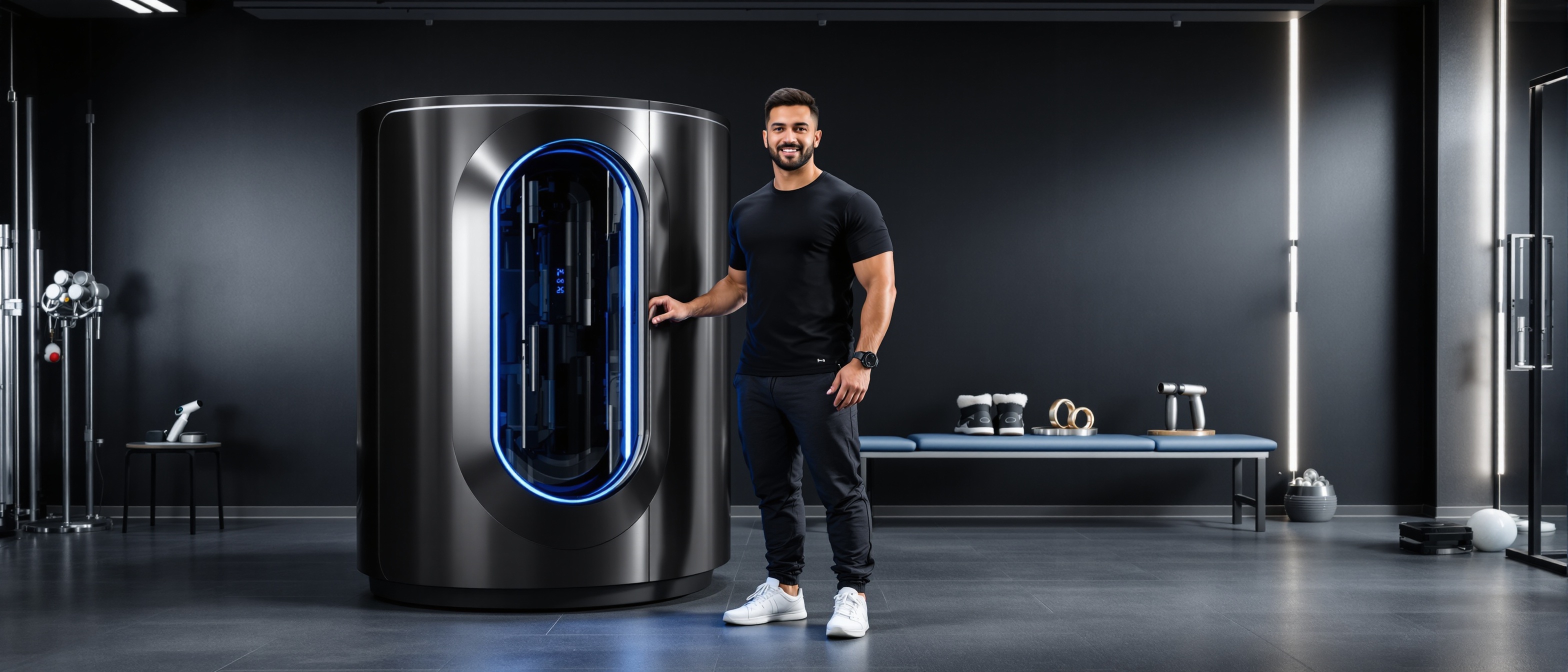The Dark Truth About Brain Pills Gym Influencers Won't Tell You
Your pre-workout ritual used to be simple: protein shake, maybe some caffeine, and you're good to go. But now you're seeing gym influencers pop pills with names you can't pronounce, claiming they're "optimizing cognitive performance for better training outcomes."
Welcome to the nootropic revolution—where brain boosters promise to unlock not just mental clarity, but supposedly your physical potential too.
But here's the thing that's got researchers scratching their heads: while millions are spending serious cash on these "smart drugs" for fitness gains, the actual evidence? Well, that's where things get interesting.
What Are Nootropics?
Nootropics—fancy name for substances that claim to enhance your brain's performance—have exploded from Silicon Valley cubicles into squat racks everywhere. We're talking everything from natural compounds like ginkgo biloba to synthetic creations with chemical names longer than your workout playlist.
Think of them as the supposed upgrade button for your brain. Memory, focus, processing speed, mental energy—nootropics promise to dial up all the cognitive functions that, theoretically, could make your training sessions more dialed in.
The fitness industry caught wind of this and thought: "If these make your brain work better, shouldn't they make your workouts better too?"
Sounds logical, right? Here's where it gets complicated.
Claims and Criticisms in Fitness Circles
Walk into any serious gym and you'll hear the promises echoing off the walls:
"This pre-workout nootropic gave me laser focus through my entire two-hour session." "I can feel my mind-muscle connection getting stronger with racetams." "Modafinil keeps me alert for those 5 AM training sessions without the caffeine crash."
The marketing machine has latched onto some compelling ideas. Better focus during complex movements. Enhanced motivation for grinding through tough sessions. Improved recovery through better sleep quality (yes, some nootropics claim that too).
But here's what critics—including sports scientists—are pointing out: most of these claims are built on a shaky foundation of "it makes sense" rather than "here's the proof."
The fitness industry has a history of taking substances proven in one context and assuming they'll work miracles everywhere else. Remember when antioxidants were going to revolutionize recovery? Or when certain amino acids were supposedly the secret to unlimited gains?
This pattern should make you pause.
Evidence for Exercise and Cognitive Benefits
Let's cut through the hype and look at what actually works.
Caffeine remains the undisputed champion of nootropics for exercise. Multiple studies consistently show it improves endurance, power output, and reduces how hard your workouts feel. It's both a proven cognitive enhancer and exercise performance booster. No controversy there.
L-theanine, often paired with caffeine, shows promise for smoothing out jittery energy while maintaining focus. Some research suggests this combo might help you stay dialed in during longer training sessions without the typical caffeine crash.
Creatine—yes, that creatine—doesn't just fuel your muscles. Research indicates it may support cognitive function, particularly during high-stress situations. Could this translate to better decision-making during complex lifts? The data's intriguing but limited.
But here's where the evidence gets thin: newer synthetic nootropics like racetams, modafinil, and other pharmaceutical cognitive enhancers? The research on their exercise benefits is practically nonexistent.
Sure, modafinil might keep you awake and alert, but will it actually improve your squat form or help you push through that final set? The studies just aren't there. Most research on these compounds focuses on cognitive tasks like memory tests and reaction time—not deadlift performance.
This gap between marketing claims and research reality should make you skeptical of any supplement company promising that their proprietary nootropic blend will transform your training.
Safety, Dosage, and Long-Term Considerations
Here's what supplement companies don't want to highlight in their flashy marketing: we have very little long-term safety data on most synthetic nootropics, especially when combined with intense physical training.
Your body during a workout is already in a stressed state—heart rate elevated, cortisol flowing, multiple systems working overtime. Adding synthetic compounds with unknown interactions? That's essentially conducting an experiment on yourself.
Some red flags to consider:
Many nootropics can affect sleep patterns. Poor sleep destroys recovery, which defeats the entire purpose of trying to optimize performance. Others might interact with medications or have side effects that only become apparent after weeks of use.
Dosage is another minefield. Unlike established supplements with well-researched effective doses, many nootropics exist in a gray area where "recommended" amounts are often based on marketing rather than science.
The regulatory landscape is murky too. While caffeine and creatine are extensively studied and regulated, newer nootropic compounds often exist in legal gray areas with minimal oversight.
Here's the reality check: if you're not already maximizing the basics—consistent sleep, proper nutrition, progressive training, adequate recovery—no nootropic is going to be your magic bullet.
The most powerful cognitive enhancer for your workouts? Getting eight hours of quality sleep. The best focus supplement? Eliminating distractions and training with intention. The ultimate mind-muscle connection booster? Actually learning proper form and practicing it consistently.
TL;DR: • Caffeine remains the only nootropic with solid exercise performance research • Most synthetic "smart drugs" lack evidence for fitness benefits • Sleep, nutrition, and training consistency beat any supplement • Be extremely cautious with unregulated compounds during intense training • Focus on proven basics before chasing the latest cognitive enhancement trend
If you're determined to experiment with nootropics for training, start with the proven ones—caffeine and maybe L-theanine. But remember, the most sophisticated cognitive enhancement technology you possess is already sitting between your ears. Train it with the same intensity you bring to your workouts, and you might find that's all the brain boost you actually need.





